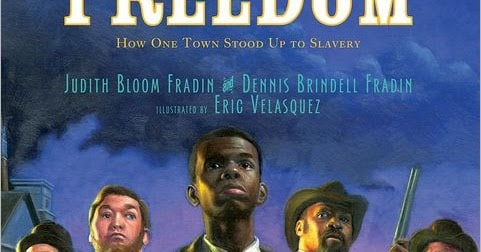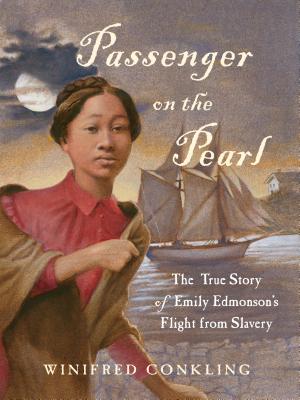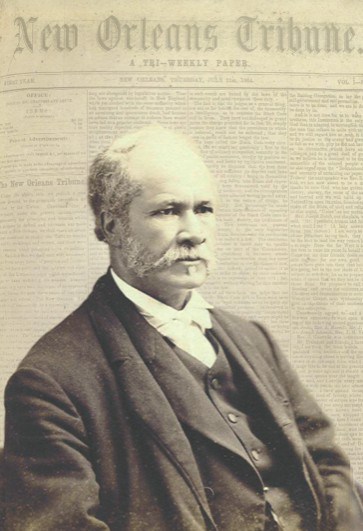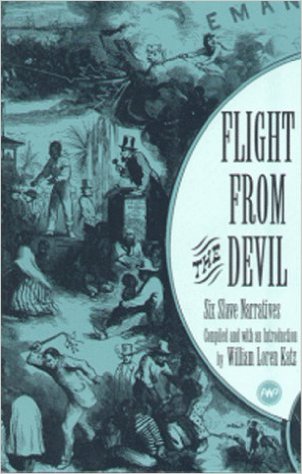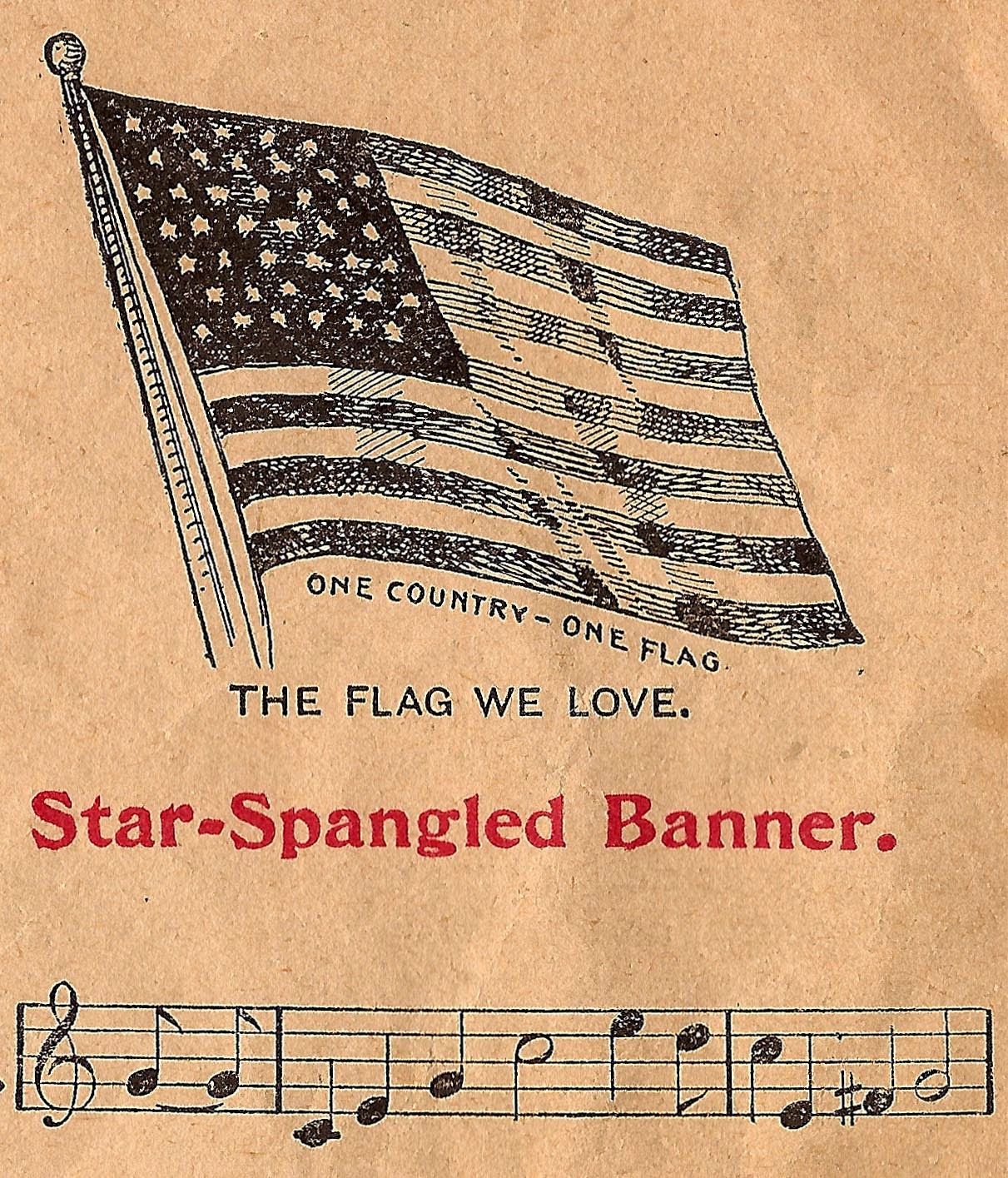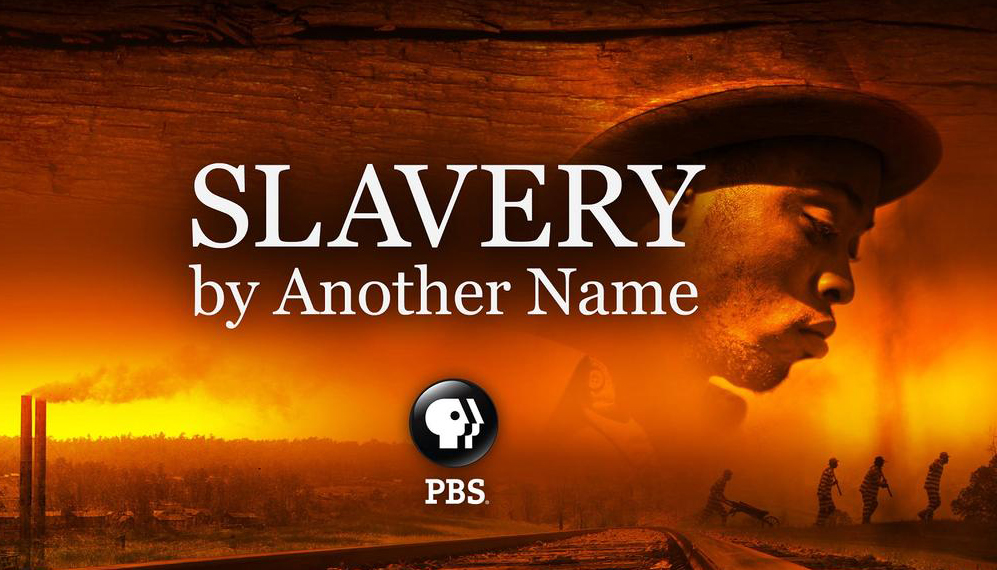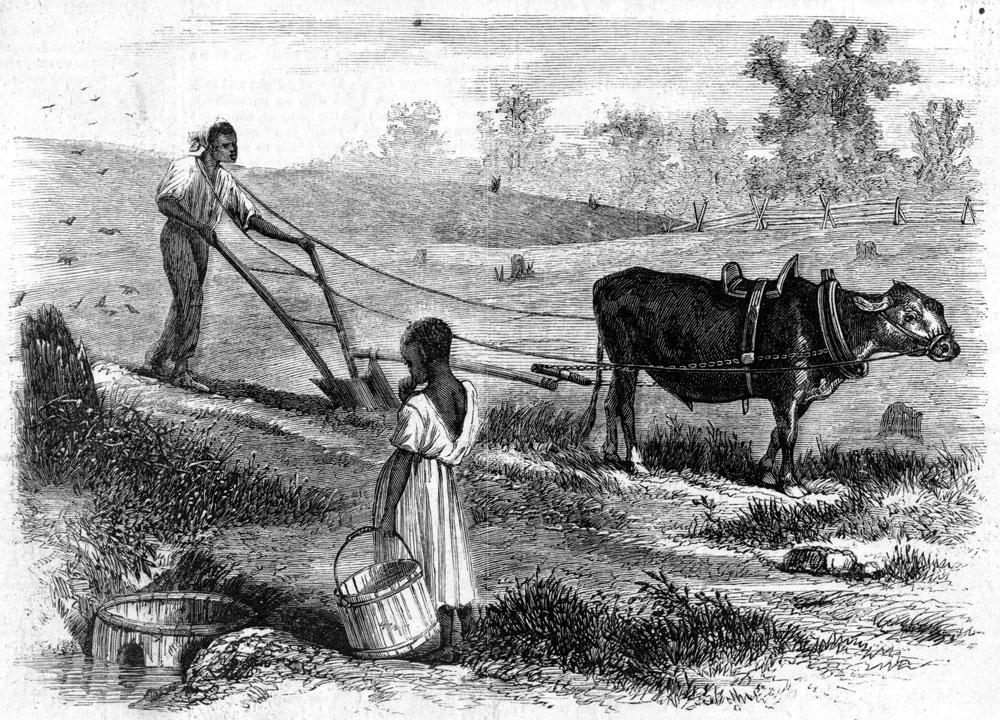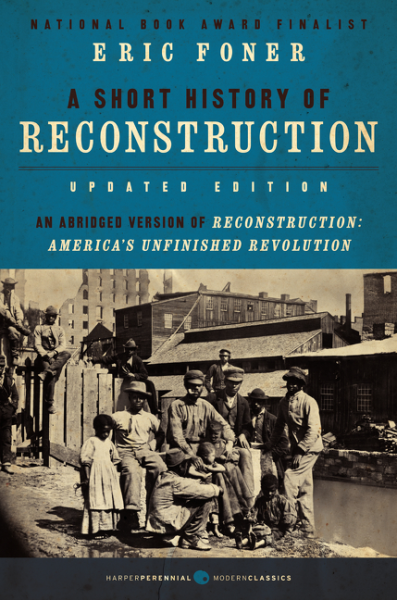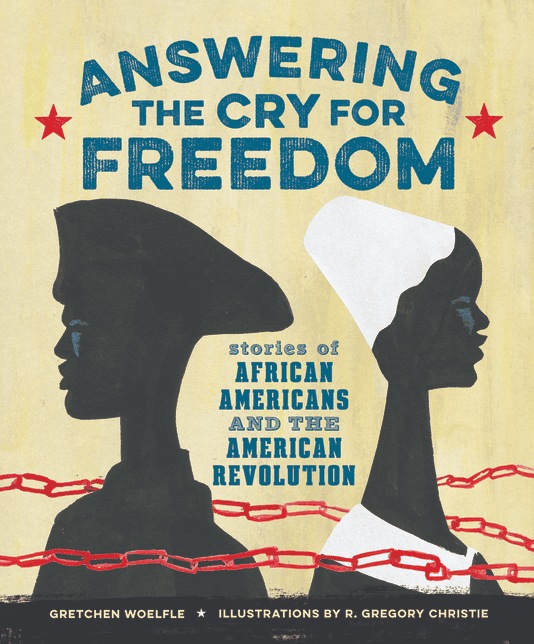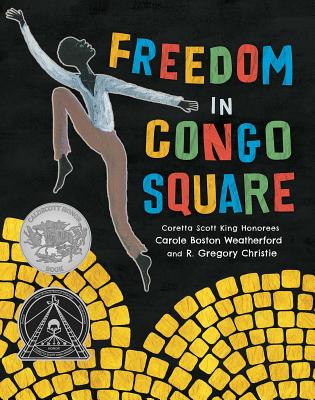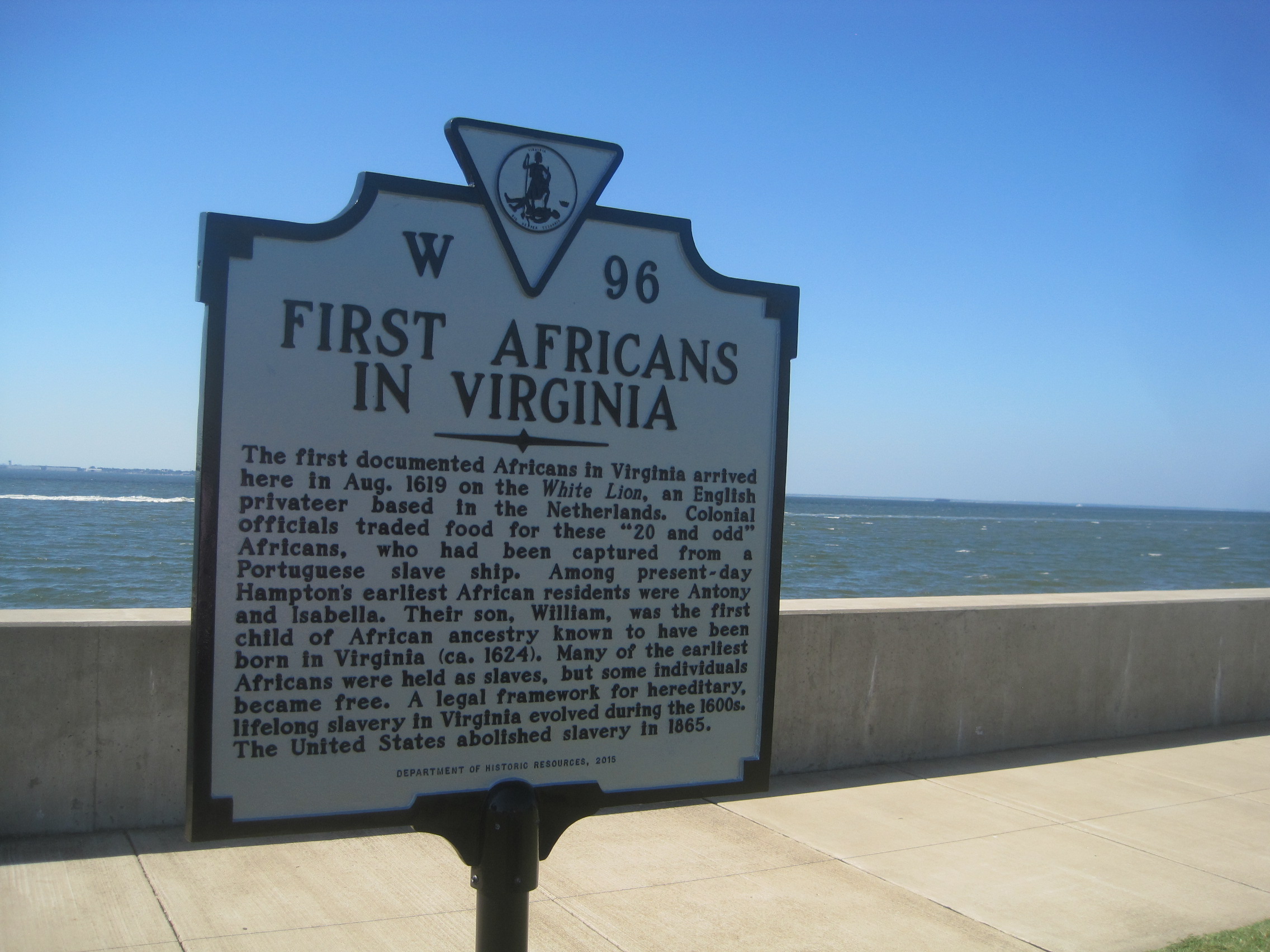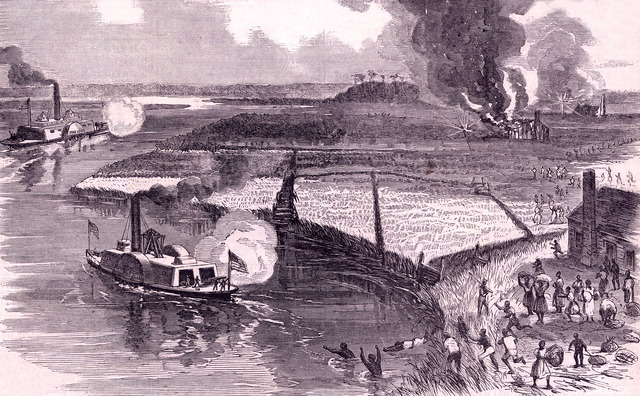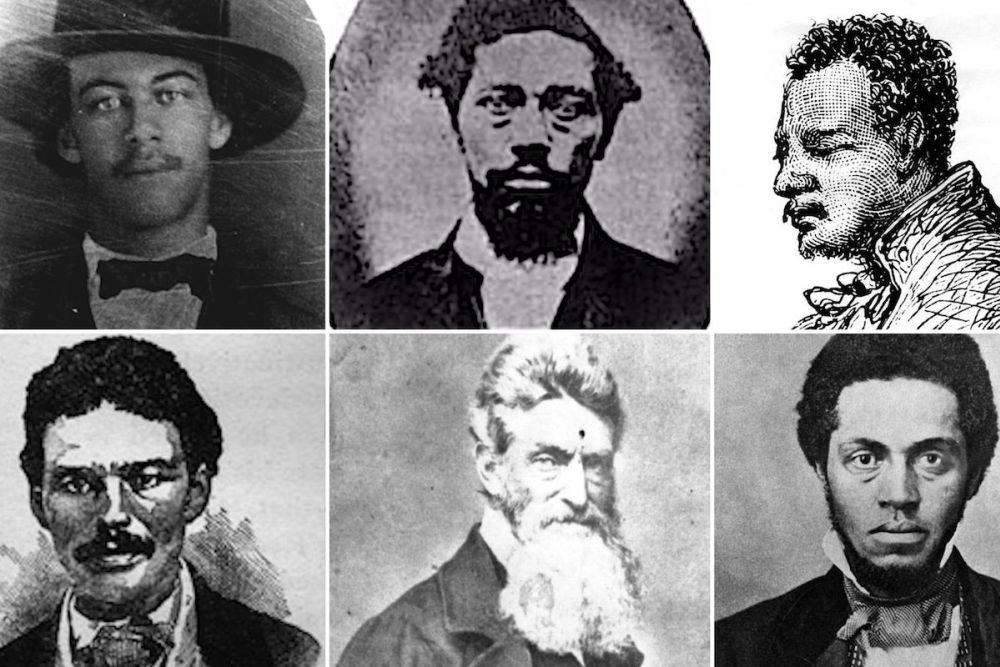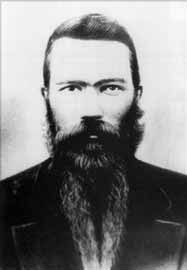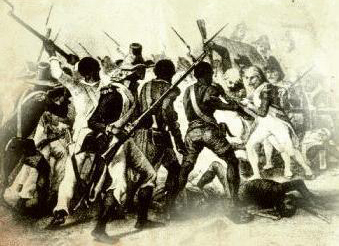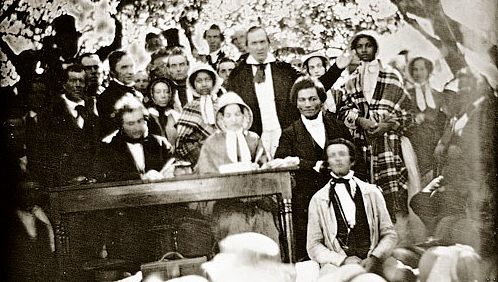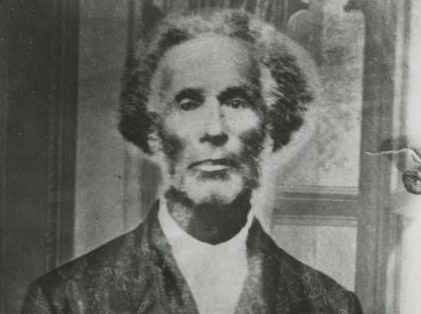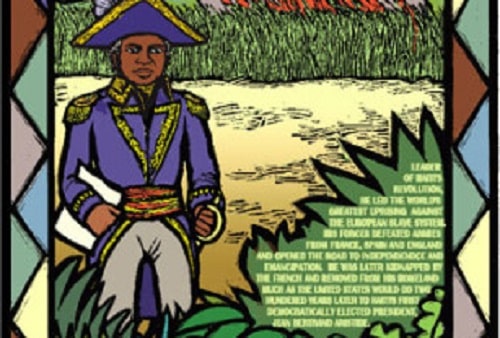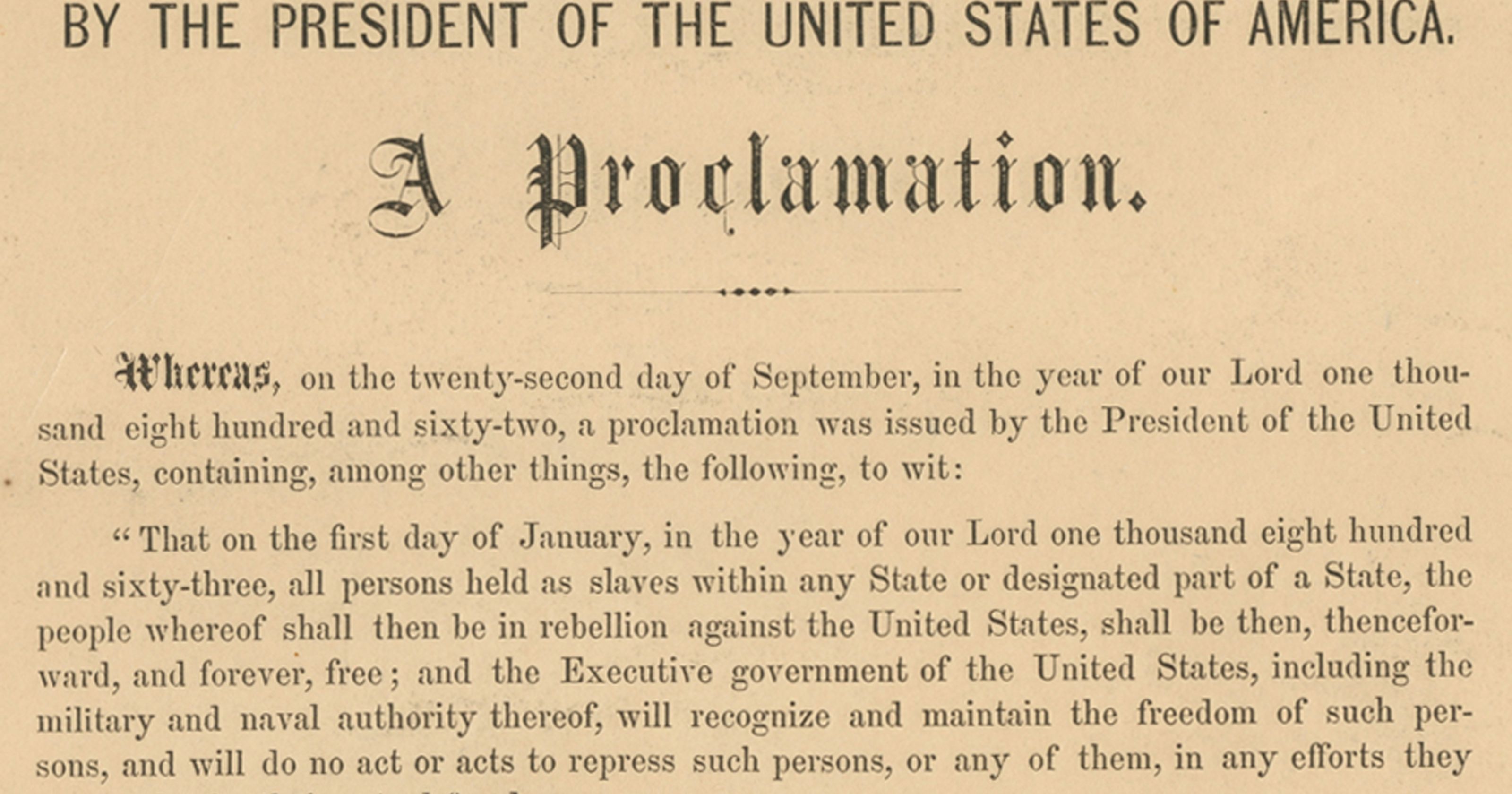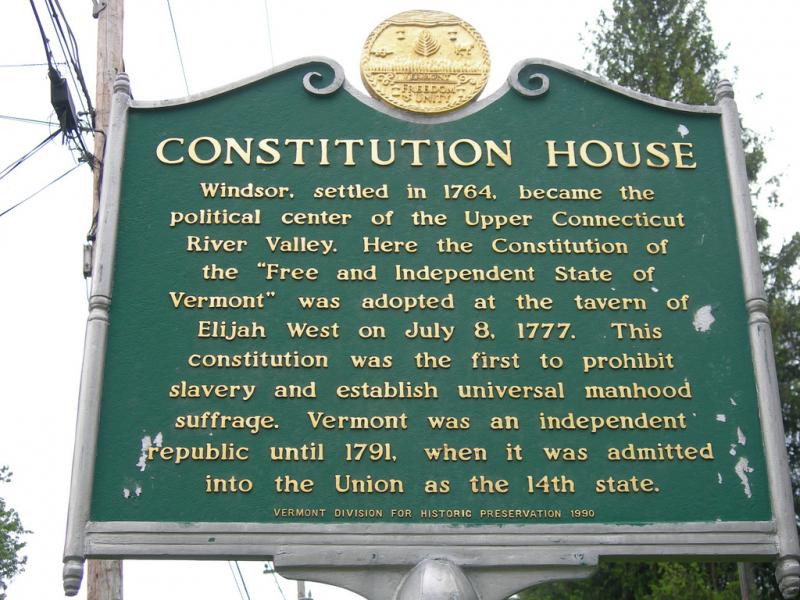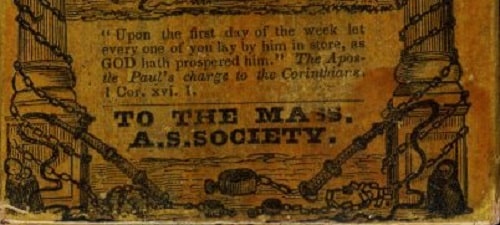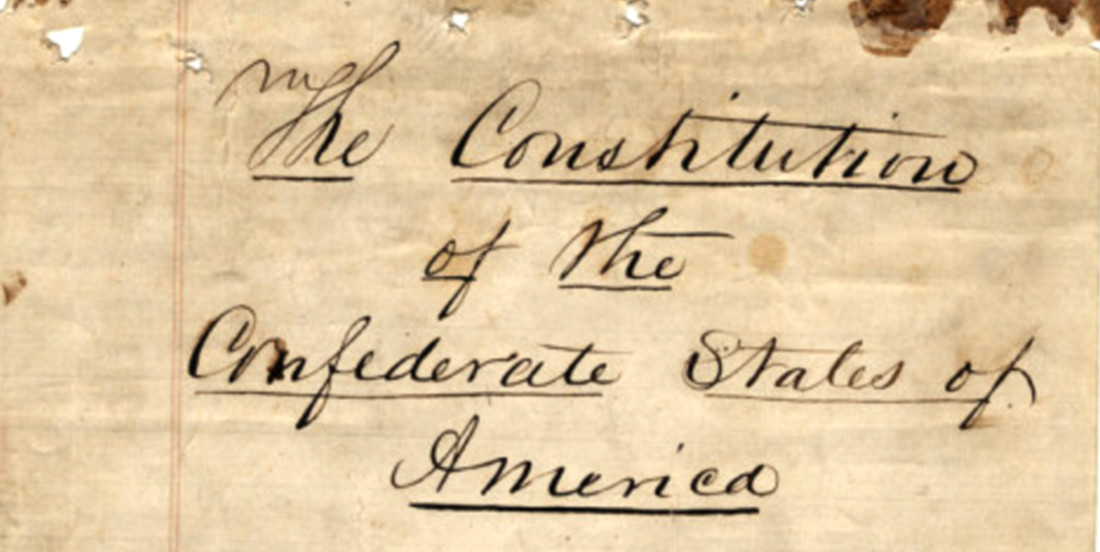Picture book. By Dennis Brindell Fradin and Judith Bloom Fradin. Illustrated by Eric Velasquez. 2013.
Story of John Price's escape to freedom with the help of the Oberlin–Wellington Rescue.
Continue reading
Book — Non-fiction. By Winifred Conkling. 2015. 176 pages.
Young adult biography about Emily Edmonson who was one of 77 who attempted to escape slavery in Washington, D.C.
Continue reading
Article. By William Loren Katz. 2010.
The abolitionist influence on the history of Christmas celebrations in the United States.
Continue reading
Digital collection. The work of Dr. Louis Charles Roudanez, founder of the first Black daily newspaper in the U.S., the New Orleans Tribune, with articles, excerpts, videos, and a timeline.
Continue reading
Book — Non-fiction. Compiled and with an introduction by William Loren Katz. 1996. 434 pages.
Six narratives by people who were enslaved that helped expose the horrors of slavery and advance the fight for abolition.
Continue reading
Article. By Jefferson Morley. 2012.
"Star-Spangled Banner" songwriter Francis Scott Key opposed abolitionists and free speech in his role as district attorney of the city of Washington.
Continue reading
Film. By Sam Pollard, Catherine Allan, Douglas Blackmon and Sheila Curran Bernard. 2012. 90 minutes.
Reveals the interlocking forces in the South and the North that enabled “neoslavery” post-Emancipation Proclamation.
Continue reading
Lesson. By Bill Bigelow. 17 pages.
This role play engages students in thinking about what freedpeople needed in order to achieve — and sustain — real freedom following the Civil War. It's followed by a chapter from the book Freedom's Unfinished Revolution.
Continue reading
Book — Non-fiction. By Eric Foner. 2015. 352 pages.
A people's history view of the Reconstruction era.
Continue reading
Book — Fiction. By Ann E. Burg. 2016. 352 pages.
Story of a family fleeing slavery written in verse for grades 4-8.
Continue reading
Book — Non-fiction. By Gretchen Woelfle. Illustrated by R. Gregory Christie. 2016. 238 pages.
Profiles of African American, free and enslaved, during the American Revolution for upper elementary to middle school.
Continue reading
Book — Non-fiction. By Carole Boston Weatherford. Illustrated by R. Gregory Christie. 2016. 40 pages.
Introduces children to the brutality of slavery and the role of culture in resistance.
Continue reading
On or about Aug. 20, 1619, the documented arrival of Africans—stolen from their homelands and brought to British North America—occurred at Point Comfort.
Continue reading
Harriet Tubman planned and guided a significant armed raid (becoming the first woman to do so in the Civil War) against Confederate forces, supply depots, and plantations along the Combahee River in coastal South Carolina.
Continue reading
An abolitionist raid against a federal armory in Harpers Ferry, West Virginia in an attempt to start an armed revolt against the institution of slavery.
Continue reading
The Lowry Band helped guide General Sherman on his march to end the Civil War.
Continue reading
Nearly 3,000 African American men met at the Bethel A.M.E. Church and denounced the American Colonization Society’s proposal to resettle free African Americans in West Africa.
Continue reading
The German Coast Uprising was a strategic military assault against white supremacy by hundreds of enslaved Africans.
Continue reading
Seventy-seven enslaved people attempted to flee Washington, D.C. by sailing away on a schooner called The Pearl.
Continue reading
Several hundred citizens of Marshall, Michigan, helped Adam and Sarah Crosswhite escape slavery and kidnapping and flee to Canada.
Continue reading
Haiti became a free republic after a revolution, declaring independence for ALL people.
Continue reading
The Emancipation Proclamation took effect in 1863. Who did it “emancipate”? And who gets credited?
Continue reading
The New England Anti-Slavery Society was founded at the African Meeting House in Boston.
Continue reading
The Constitution of the Confederate States of America was adopted a month before the Civil War started.
Continue reading

